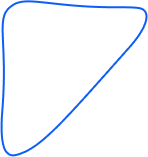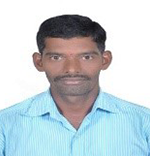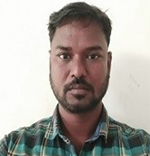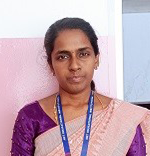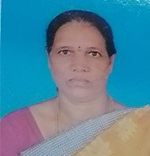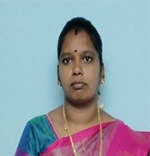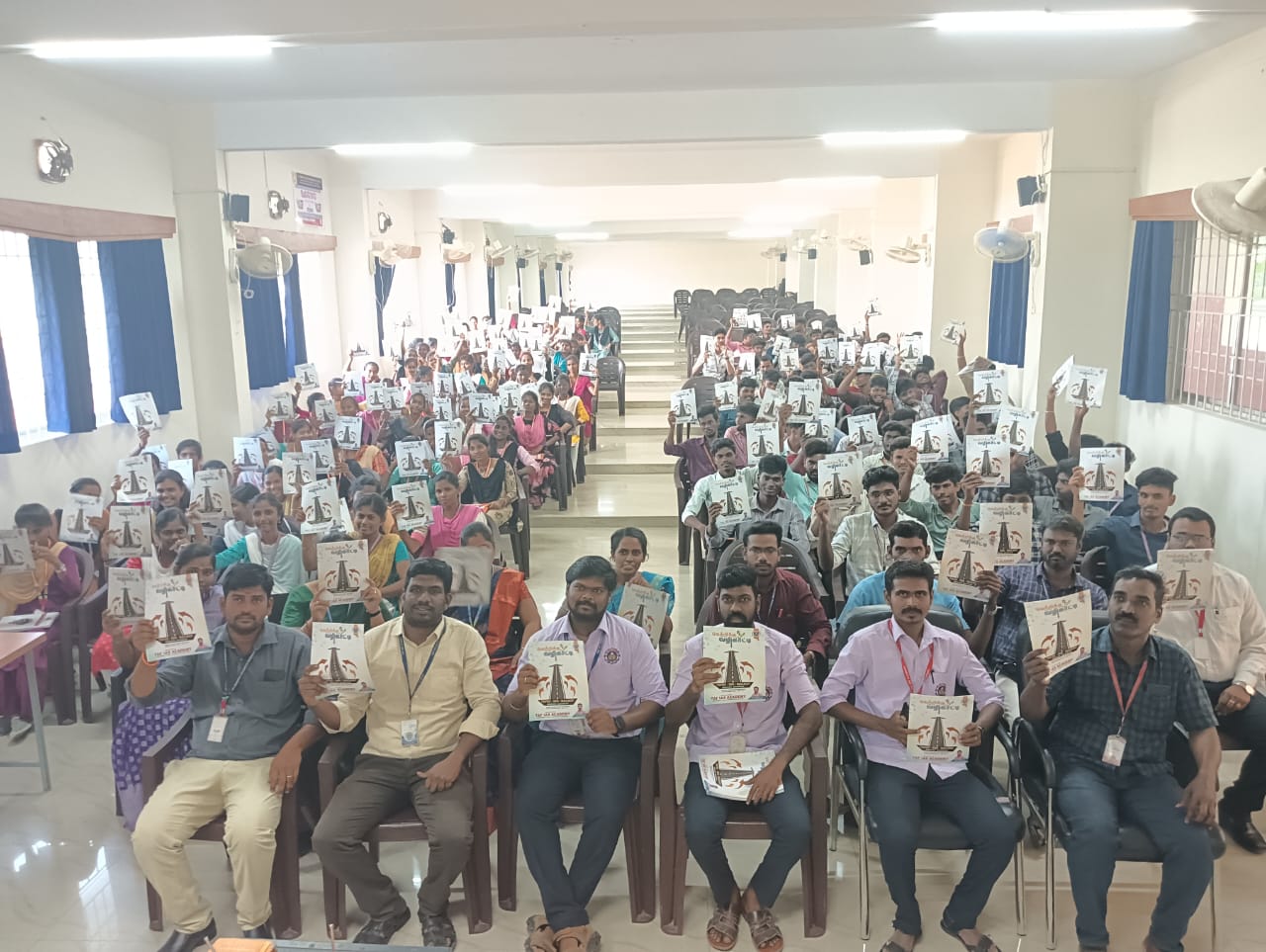About The Department
Department of Electronics and Communication Engineering was established in the year 2010 with the vision of developing the department as a Center of Excellence in the field of Electronics and Communication Engineering and makes the students blossom in to meritorious and self discipline. The department is The department has well qualified, experienced teaching faculty and supporting faculty, to impart knowledge and skills. The department conducts National level technical symposium every year for students and also Organizes faculty development programs, guest lectures, seminars, workshops, basic skill development programs, industrial visits to update the student’s skills. We also encourage the students in the extracurricular activities like Sports, Culturals etc.,
The overall focus of the department is to
* Emphasis elemental knowledge of the subjects.
* Provide exposure to the emerging technology.
Vision
“To excel in technical education and research in the area of Electronics and Communication Engineering and to produce innovative, skilled and competent individuals with ethical and human values to meet the future challenges of the society”.
Mission
To provide strong technical knowledge through good pedagogical practice.
To provide knowledge and infrastructure that promote innovation, creativity, and
research.
To engage the students in extension activities through various clubs, government
and non-governmental organization.




